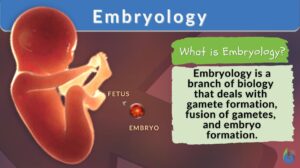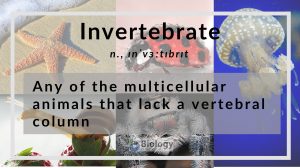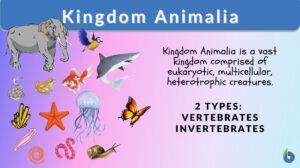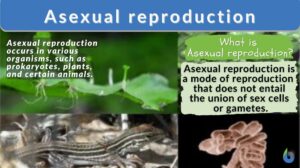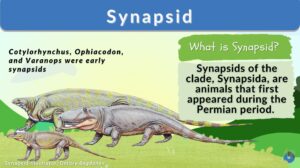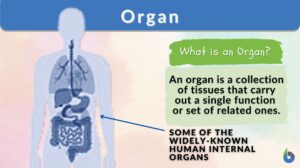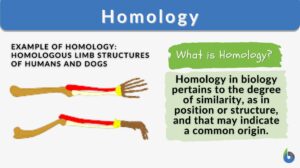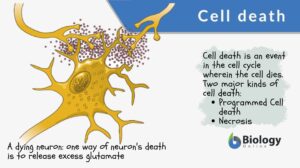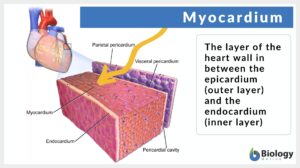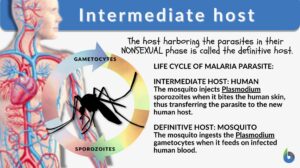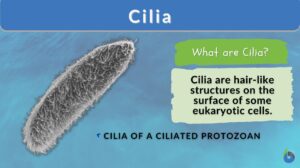Search Results for: vertebrate
Embryology
Embryology Definition Embryology is a branch of biology that deals with the topics concerning gamete formation... Read More
Invertebrate
Invertebrate Definition An invertebrate refers to any of the animals lacking a vertebral column. The term invertebrate came... Read More
Kingdom Animalia
Kingdom Animalia Definition Each person can say that they know of or can name at least one animal. However, do people know... Read More
Simple squamous epithelium
Simple Squamous Epithelium Definition Simple squamous epithelium, also known as simple squamous epithelial tissue or... Read More
Parasitism
Organisms depend on different sources of food to survive. Larger organisms like plants make their own food (autotrophs) and... Read More
Reservoir host
Reservoir Host Definition A reservoir host is a host that harbors the pathogen and serves as a source of the infective... Read More
Asexual reproduction
Asexual Reproduction Definition What is asexual reproduction? Asexual reproduction is a type of reproduction that does not... Read More
Medial longitudinal fissure
Definition noun A median fissure separating the two hemispheres of the vertebrate brain Supplement The cerebrum of... Read More
Erythrocyte
Erythrocyte Definition Erythrocytes (red blood cells or RBCs) are the myeloid series of specialized cells that play an... Read More
Filarioidea
Definition noun (taxonomy) A superfamily of the phylum Nematoda and is comprised of small, threadlike parasitic nematodes... Read More
Parasitology
Definition noun A scientific study of parasites, their hosts, and the relationship between the parasite and the... Read More
Parasympathetic nervous system
Definition noun A division of the (vertebrate) autonomic nervous system whose physiological effects are mostly in opposition... Read More
Acetylcholine
Acetylcholine (Science: chemical, neurology, physiology) a chemical found in vertebrate neurons that carries information... Read More
Cell death
Cell Death Definition Cell death refers to the event that leads to the death of a cell. The process entails the breaking... Read More
Scratch reflex
Definition noun, plural: scratch reflexes (1) A spinal reflex characterized by a response to the activation of sensory... Read More
Myocardium
Myocardium Definition What is the myocardium of the heart? It is the muscular middle layer of the heart that is... Read More
Renal column
Definition noun, plural: renal columns A column-like extension of the renal cortex in the renal medulla Supplement A... Read More
Centrosome
Centrosome Definition What is a centrosome? The centrosome is considered to be the main microtubule-organizing... Read More
Cyclozoonosis
Cyclozoonosis a zoonosis that requires more than one vertebrate host (but no invertebrate) for completion of the life cycle;... Read More
Intermediate host
Intermediate Host Definition When looking at the relationships amongst different biological members of our biosphere, we... Read More
Arboreal locomotion
Definition noun A form of locomotion of animals that live in and move through trees Supplement Locomotion pertains to the... Read More
Glomerulus
A small intertwined group of capillaries in the malpighian body; glomeruli filter blood during urine formation.A closely... Read More
Prehensile tail
Definition noun, plural: prehensile tails A tail characterized by its adaptive features, enabling the vertebrate animal to... Read More
Microfilaria
Definition noun, plural: microfilariae The embryonic or early larval stage in the life cycle of certain parasitic nematodes... Read More
